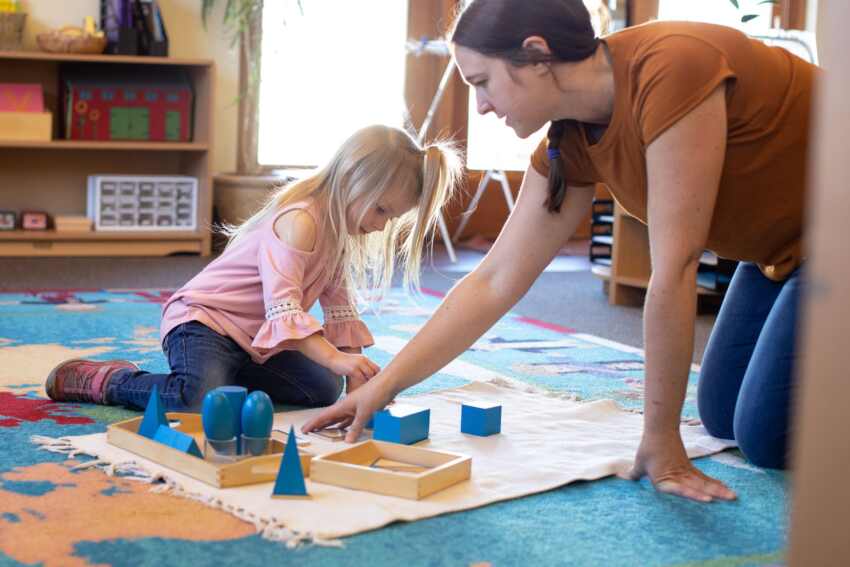A love for math begins with engaging, hands-on activities that make the subject interesting and accessible to young learners
A love for math begins with engaging, hands-on activities that make the subject interesting and accessible to young learners. Montessori measurement activities are designed to not only enhance mathematical skills but also foster a deep appreciation and enjoyment for the subject. By using a combination of concrete materials, real-life experiences, and exploration, Montessori educators guide children towards understanding the principles of measurement in an engaging and interactive manner.
1. Introduction to Measurement Tools
A crucial part of cultivating a love for math is introducing children to the tools used for measurement. Montessori measurement activities often start with hands-on experiences with various measuring tools such as rulers, measuring tapes, weighing scales, and thermometers. By allowing children to explore these tools, they begin to develop an understanding of their purpose and how they contribute to accurate measurement.
2. Measuring Length
Measuring length is an essential skill that can be introduced through Montessori measurement activities. Children can start by measuring objects in their environment using unit blocks, measuring tapes, or rulers. This hands-on approach helps them understand the concept of units of measurement, such as inches or centimeters, and how to accurately measure and compare lengths.
3. Measuring Weight
Another crucial aspect of measurement is weight. Montessori measurement activities for weight often involve the use of balance scales and objects of different weights. Children can explore the concept by comparing the weights of various objects and organizing them from heaviest to lightest. This interactive experience helps them grasp the idea of measurement using a balance scale and understand the concept of weight in a tangible way.
4. Measuring Volume
Measuring volume is a skill that can be introduced through engaging Montessori activities. Children can learn about volume by pouring water or sand into different containers and observing how the level changes. With the use of graduated cylinders or measuring cups, they can measure and compare the capacity or volume of various objects. This hands-on approach helps them understand the concept of volume and improves their estimation skills.
5. Practical Applications
One of the key strengths of Montessori measurement activities is the focus on practical, real-life applications. By linking measurement concepts to everyday life examples, children can see the relevance and importance of understanding measurements. For instance, they can engage in activities such as measuring ingredients while cooking, measuring their height or the growth of a plant over time, and measuring the temperature in different weather conditions. These practical applications make math enjoyable and meaningful for children.
Cultivating a love for math begins with engaging and interactive Montessori measurement activities. By introducing children to measurement tools, such as rulers and scales, and facilitating hands-on experiences, they develop a deep appreciation for mathematical concepts. Through measuring length, weight, and volume, children gain a better understanding of measurement principles and improve their estimation skills. By relating measurement concepts to real-life situations, children can see the practical applications of math, making the subject enjoyable and meaningful. Montessori measurement activities lay the foundation for a strong mathematical aptitude and a lifelong love for the subject.
Nidhin
For More Details Call: +917510220582
